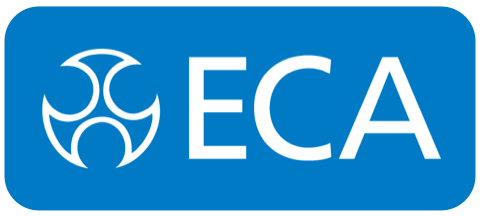Business Acquisition/Disposal
A number of options are available if you are looking to buy or dispose of your business the details of which will depend on a number of factors, but primarily ask yourself; are you selling/acquiring the entity, or just the assets of the business? What is your strategic goal - lateral or vertical integration/expansion opportunities, or condensing competition?
If the business as an entity is being transferred, its rights, obligations, liabilities and assets will come with it.
If you are looking to acquire a business you might want to consider the following:
- The business can simply be shut down over time if you are only seeking to buy the assets – e.g., fleet tools, leases, customer lists, logo and other IP.
- Do you want to leave any residual liability behind for; debt, debt or asbestos injury etc.
- Do you, however, need a trading record and the accreditation that comes with the business entity.
Like buying a house, the parties might want to consider a jointly appointed independent valuation to cut-through any horse-trading over valuation methods and outcomes.
If you are disposing of your business you might want to consider the following:
- Ownership of the business can pass from A to B.
- The existing management team can be invited to buy out the current owner.
- The business can simply be wound down shut down over time.
- The owner can sell the business to another business; one that is looking for either lateral or vertical integration opportunities.
- The purchase can be over a set period and funded from future income/profits to soften any negative impact of ownership transition both internally with staff and externally with clients.
Necessary resources
When planning for a change of this magnitude, it is important to engage both a solicitor (to advise, negotiate and prepare the documentation to legally to transfer the business) and an accountant to ensure the legal transfer aligns with your tax planning and to help prepare the business for any subsequent ‘due diligence’ process. But do your homework, identify the bones of your agreement and then engage with your legal, tax and accounting support to advise and implement the agreed plan – this will save you headaches in the long run.
How ECA can help
ECA will connect buyers and sellers, but the onus is on buyers and sellers individually to do their homework. We cannot have greater involvement in the transfer itself, as ECA would have a conflict of interest where the transfer was between Members. ECA therefore cannot broker your deal, but we can connect.
You’ll have to accept that if you give us permission to circulate details to other Members, they may also see an opportunity with your staff, clients etc, to gain advantage without acquiring your business.
If a seller or buyer expresses an interest to ECA, your details are passed to any similarly minded sellers and buyers with your region through the ECA Regional team.
ECA then, confidentially and with your permission exchanges details of both the seller and buyer and if contact is required, then an initial confidentiality agreement can be supplied to facilitate the parties entering into secure discussions.
The parties are free then to carry on their discussions privately without ECA.
If you would like further information on ECA’s ability to connect you with other ECA Members who may show an interest in acquiring or disposing of a business, please contact the Business Policy & Practice team on:legal@eca.co.uk
